Spring is in the air Southwest Florida. And with summer not far behind, allergens and increased heat are quickly on their way as well. With that being said, residents will soon start utilizing their homes’ HVAC systems heavily to offset the rising temperatures and pollen levels. But, you should consider doing a bit of “spring cleaning” to your air conditioning before touching that thermostat and kicking it into high gear.
Change Your Air Filter
As we suggest in a majority of our articles concerning A/C, the best way to maintain the functionality of your home’s HVAC system is to regularly change your air filters. If left unchanged, a dirty air filter can cause clogs within the ducts of your system and restrict the flow of air. Additionally, a blocked air filter will cause your unit to work twice as hard as it would with a clean filter. A dirty filter prevents air from flowing freely and so the system has to overcompensate to maintain the desired temperature. This can lead to your fan running continuously and cause your electricity bill to increase significantly.
Lastly, a dirty air filter can affect the overall quality of the air in your home. As air passes through a filter, contaminants such as dust and pollen are removed from the air. When the filter is dirty, those contaminants pass through the filter without becoming trapped and are then carried in the air throughout your home. This can pose a major health risk for those who suffer from severe allergies or other respiratory issues. It is especially dangerous during the spring months when pollen counts are at their highest. To be safe, it is always recommended to check your filter monthly and have it changed at a minimum of every three months.
Check Your Supply and Return Vents
As important as clean filters are, many times supply and return vents get overlooked as easy ways to maintain the health of your home’s HVAC system. Supply vents are connected to your supply ducts and are responsible for carrying conditioned air into your home. These vents are typically smaller than return vents and have louvers or slats that allow you to control the direction of the airflow. If you are uncertain if a vent is a supply vent, they can be identified by turning on the system fan and holding your hand in front of the vent. If you feel air blowing out, then it’s a supply vent.
A return vent is connected to your home’s return ducts, which are responsible for pulling air out of your indoor spaces to deliver to your heating and cooling system. They are typically larger in size and do not have slats or louvers. You can identify a return vent by turning on the system fan and holding your hand or a piece of paper in front of the vent. If either are pulled toward the vent or you feel some sort of suction effect, it is a return vent.
Both types of vents can accumulate dust and other kinds of debris. This debris could potentially cause clogs or be carried by conditioned air as it flows through the vents, damaging your home’s air quality. Supply and return vents should also never be blocked. As your air conditioning system is on, it is continually cycling the air in your home. If the balance of those cycles is thrown off, it can cause complications for your home’s air conditioning system. Be sure none of your vents are closed or blocked by furniture, especially the return vent, to maintain a balanced air supply for your HVAC system.
Yearly HVAC Inspections
The best way to prepare your home’s A/C for the spring and summer months is to schedule an inspection with your local HVAC specialist. A professional has the ability to spot potential issues that may go unnoticed by the average homeowner and could possibly snowball into larger complications down the road. A regular maintenance plan can help maintain the health of your home’s HVAC system and ultimately extend the life of your unit while saving you money in the long run.
From Cape Coral to Naples, and everywhere in between, Avis Plumbing and Air Conditioning has been servicing both home and commercial HVAC systems for over 50 years. They offer a special “Residential Energy Savings Agreement” to help alleviate the stress and costs of HVAC repairs for homeowners, ultimately keeping systems in tip-top shape and even lowering utility bills. Contact Avis today to get started by calling (239) 542-4421 in Cape Coral or (239) 481-1511 in Fort Myers. Available 24/7, 365 days a year, for all service types.

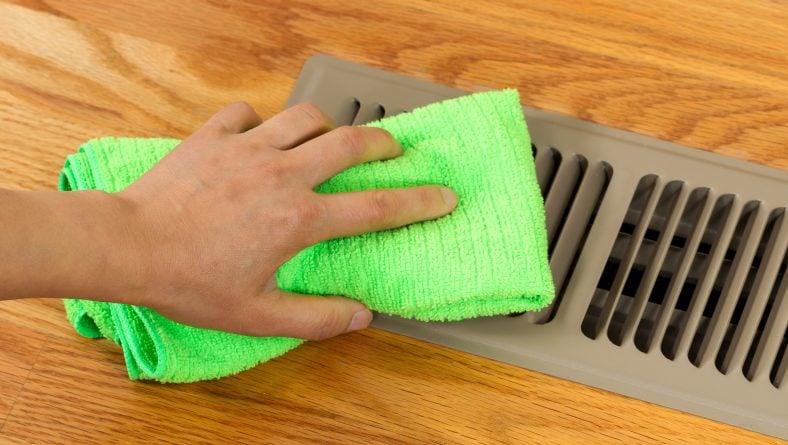
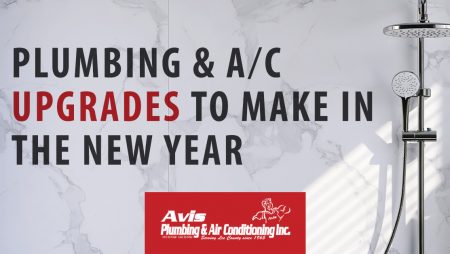
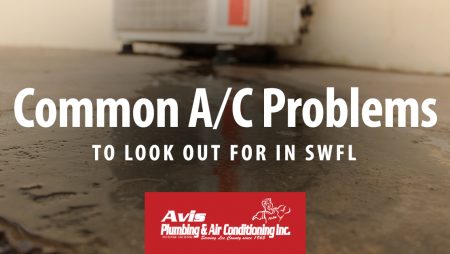

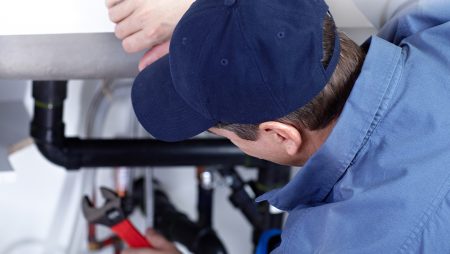
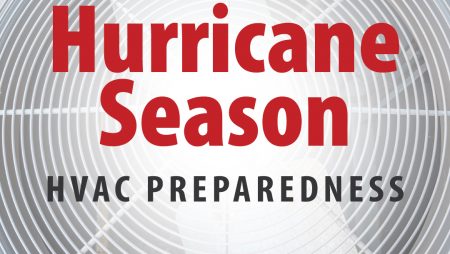

No Comment